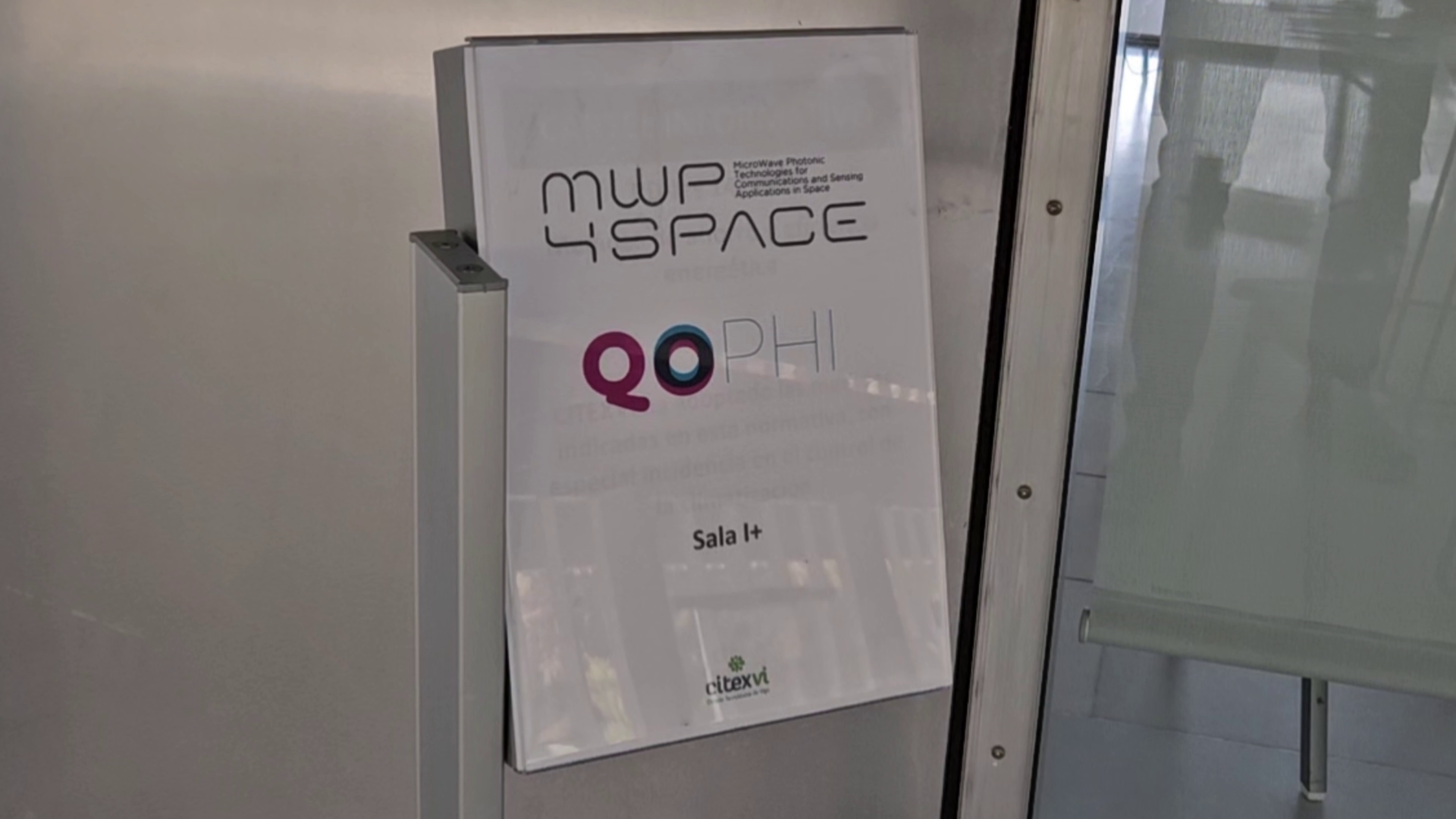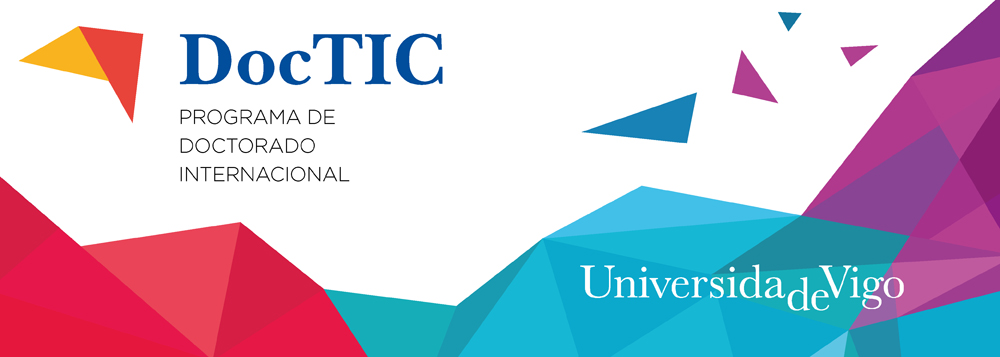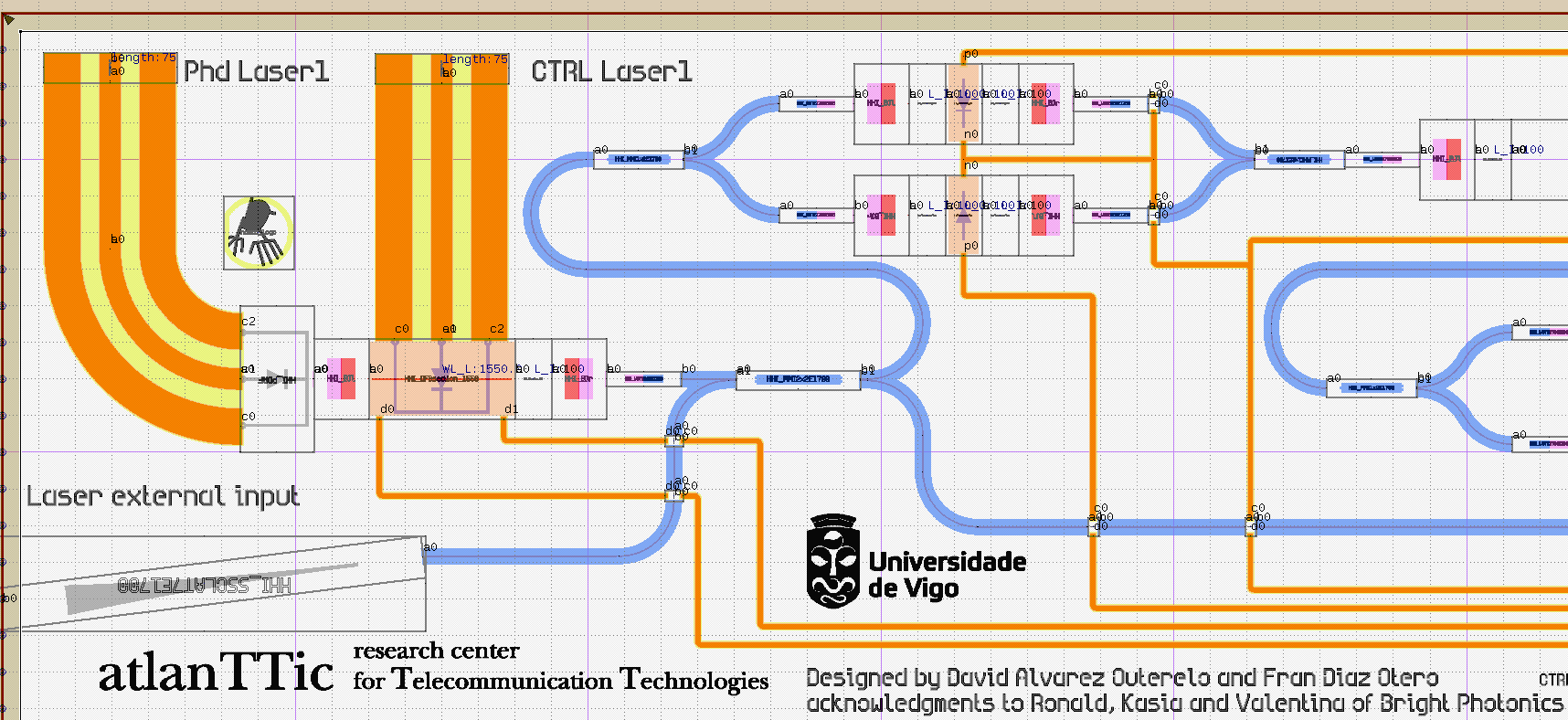Photonic integration enables multiple optical functions to be delivered on a single chip, a photonic integrated circuit (PIC). Photonic integration also has a dramatic impact on footprint, enabling the miniaturization of optical devices, Power consumption is also reduced and equipment failures are also reduced as these coupling optics are eliminated as a source of failure. Photonic integration is then emerging as a new standard for providing cost effective, high-performance, miniaturised optical systems for a wide range of applications.
However, the complete unfold of PIC potential is still dependent on overcoming certain challenges. Current Indium Phosphide-based PICs (InP PIC) laser sources have phosphorus based active material limiting their operation temperature, thus greatly reducing its potential for low-power operation. Moreover, the overall waveguide losses can be highly reduced by applying the doping only when they are strictly required. A third barrier is the lack of predictive analytical models and design methodologies via the Process Design Kit (PDK) product development software platform. In order to overcome these barriers there is a strong need for researchers with multidisciplinary knowledge of photonics fundamentals, circuit design, dedicated design software and nano-fabrication modalities. The EDIFY project fills this gap by combining into one training programme a selection of the above-mentioned photonic academic modalities with its direct translation into improvements across the PIC market value chain.
The overall objective of the project is to provide specialised and highly qualified training to a group of Early Stage Researchers (ESRs). The 4 recruited fellows will focus their R&D effort around four Work Packages assigned to one of the recruited ESRs, of 1) Integration of aluminium containing quantum wells, 2) development of low loss waveguides and 3) development of compact models for the next generation photonic design kits and 4) designing PICs which employs the achievements from the previous work packages.
The project outputs are expected to provide a set of new material building blocks and compact models for the InP PDK which will allow for significant improvements in the performance, power consumption and predictive methodologies of current PICs technologies. At the end of the training ESRs will be equipped with a unique set of capabilities that will extend their career possibilities across the value chain, from the development of predictive software models to complex fabrication technologies always oriented to the needs for the application and end-user requirements. EDIFY consortium covers the whole value chain, from research and design to manufacturing, thereby forming a strong interdisciplinary network between technical sciences and industry to overcome specific barriers in the integrated photonics sector.





